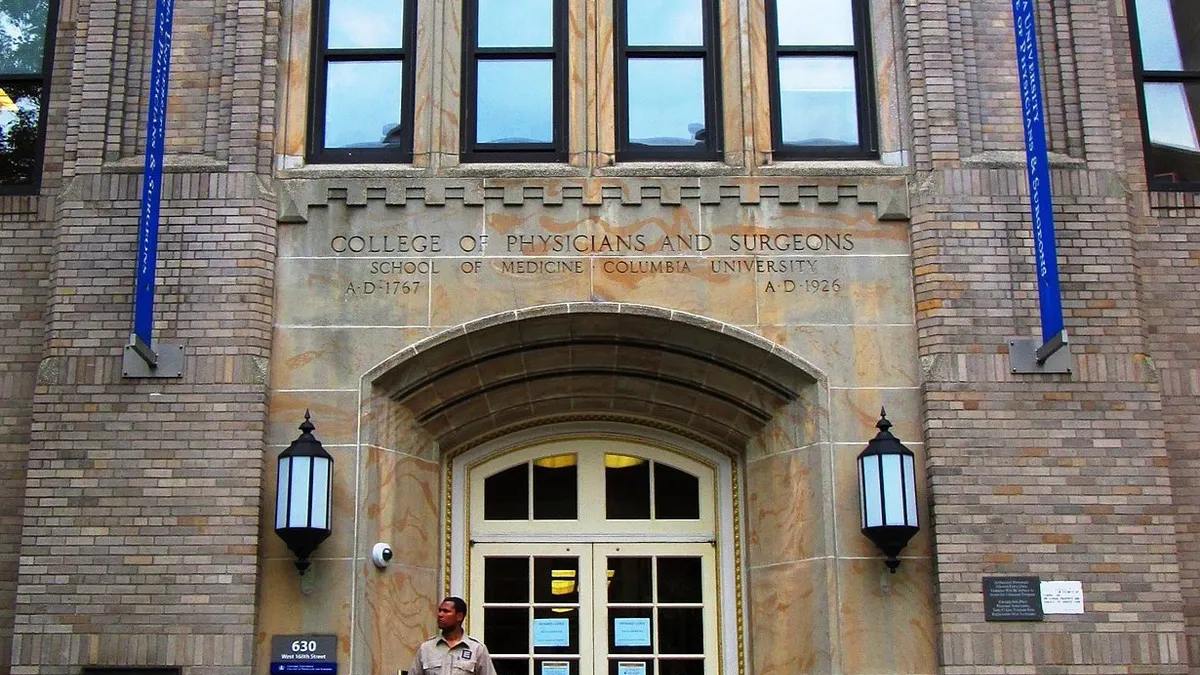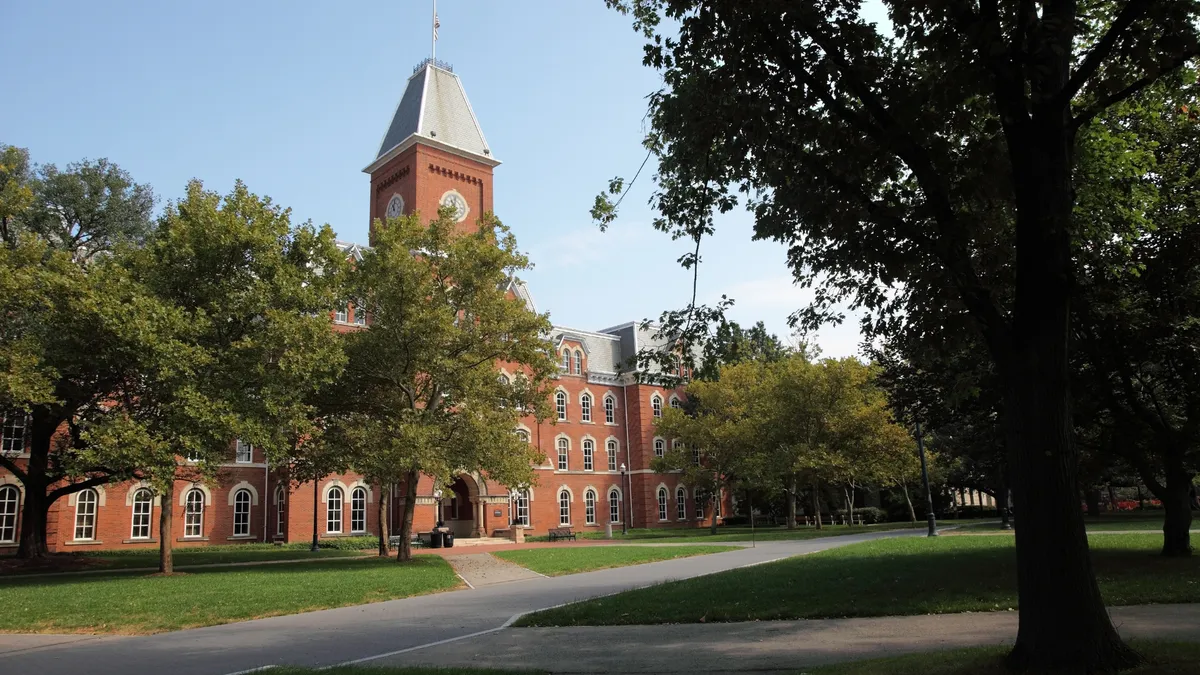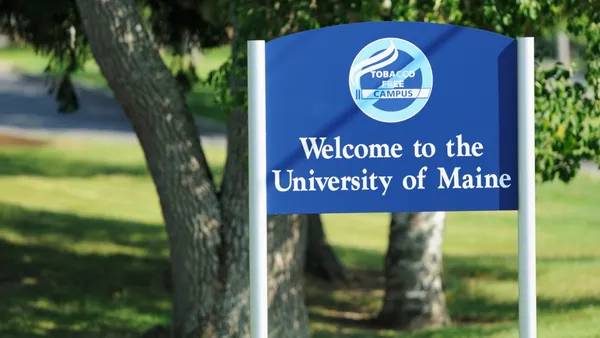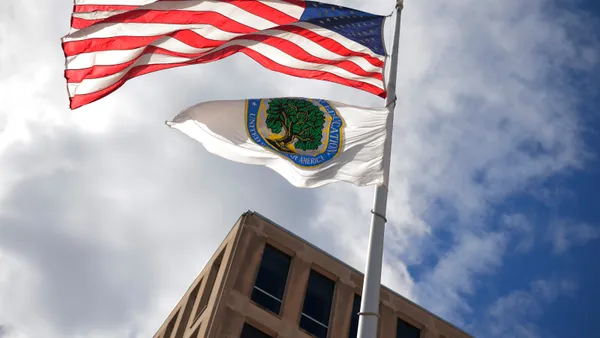Dive Brief:
- Colleges and universities are adding a variety of new, often untraditional programs to bump up sagging enrollment, reports The Hechinger Report. Though, some of these programs may not be well conceived and perhaps unlikely to draw many students.
- Program areas include topics such as hip-hop, sports communication and business, food studies, beer fermentation, "peace education" and "embodiment studies." Schools report these programs are typically tied to social and economic trends.
- Federal data shows the number of certificates below the associate's level conferred by postsecondary institutions increased by 70%, with Hechinger citing national statistics showing schools have added 41,446 degree or certificate programs since 2012.
Dive Insight:
An education consulting firm found that about half of the academic programs at U.S. colleges have 10 or fewer graduates and produce less than 8% of the graduating class, and some critics believe these new programs will perform similarly. They are concerned the students in these new majors won't produce a net gain, because they would have been enrolled in different departments anyway.
In some cases, such degrees pay off. A program in social justice at Rutgers is attracting top students with a combination of advanced courses in cyber security. Majors in manufacturing and health fields – some new and not previously offered – are also growing in response to employer needs.
With less of an investment, colleges are also just offering untraditional courses that might attract students. Cornell, for instance, has offered courses related to current issues such as "Why Should You Care About What's in Your Genes" and "Humans and Climate Change," and Emory University has promoted its "cool classes" or courses that explore" innovative approaches to local, global issues." Williams College has offered a course called the Psychology of Stress, and Columbia has presented a number of courses on specific current topics such as the effect of multiculturalism on the mental health.












